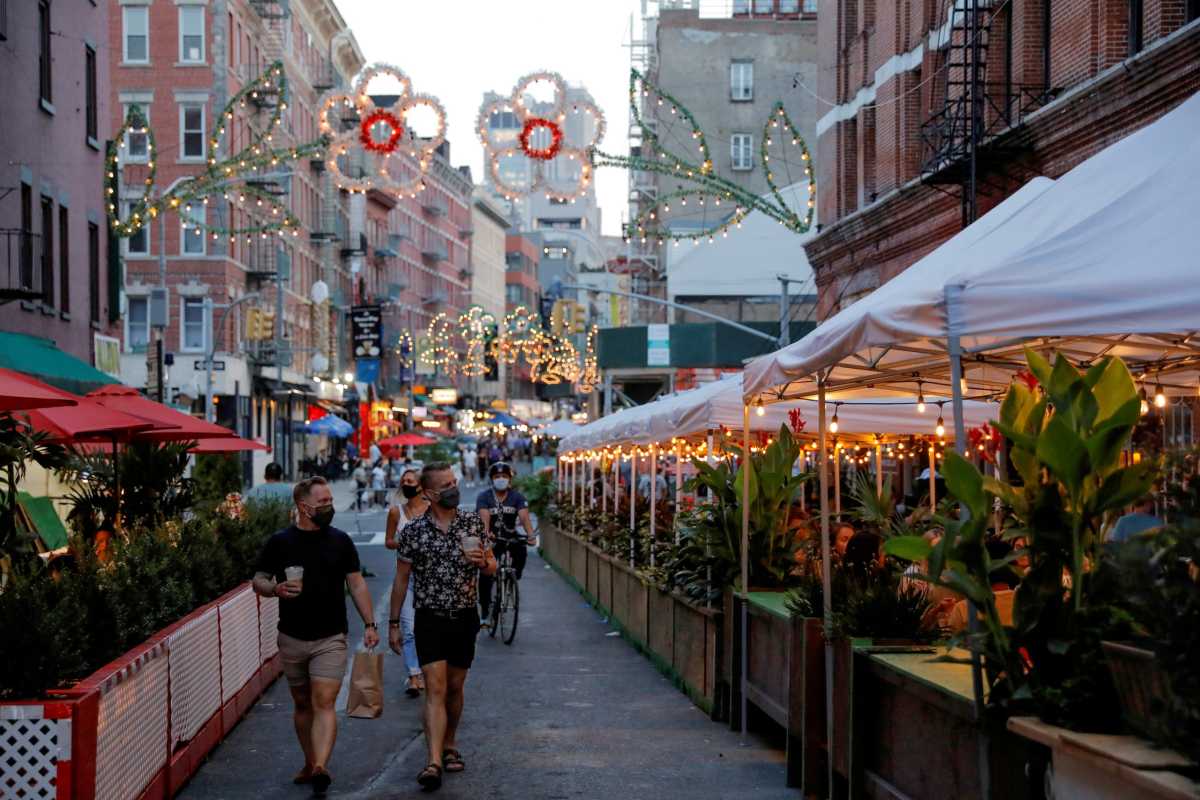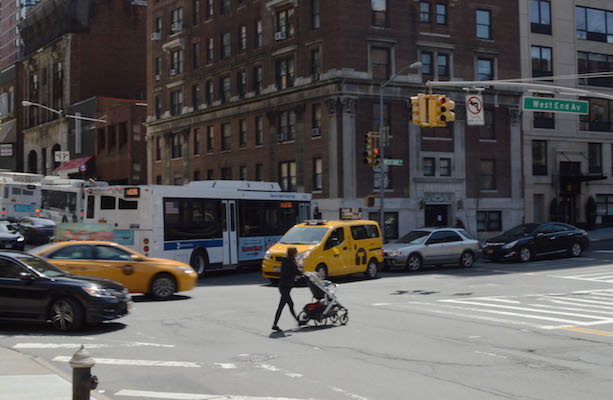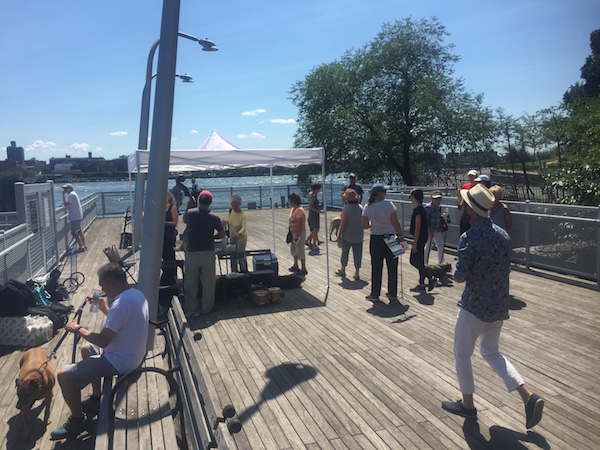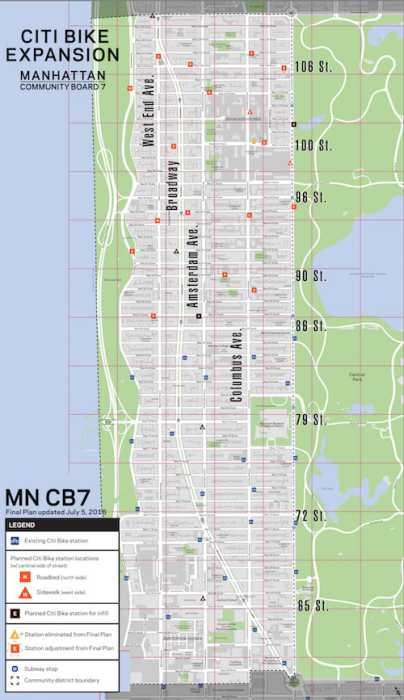New York City Council gave its approval to make the Open Streets program a permanent fixture during its Thursday stated meeting in which members discussed the importance of the COVID-19 provision even without a health crisis.
Councilwoman Carlina Rivera’s bill will create a process in which community organizations can apply to manage open streets with approval from the city Department of Transportation who will provide resources to about 20 sites in the five boroughs.
“I think we can all acknowledge the important role Open Streets played at the height of the pandemic when we were desperate for more space for social distance, recreation and rest both mentally and physically,” Rivera said. “But places like Avenue B, 34th Avenue in Queens, Vanderbilt Avenue in Brooklyn, Dykman have gone beyond that initial goal… This becomes a permanent, successful staple of our city where it’s appropriate.”
Open street corridors would also be examined by DOT on yearly basis to decide whether or not it would benefit to permanent redesign to suit the needs of pedestrians through traffic calming measures or conversion to a plaza.
Members representing more suburban communities, however, were less enthralled by the bill than others. Councilwoman Adrienne Adams spoke of her car-dependent district in southeast Queens, describing a streetscape where parking is highly valued and mass transit options are sparse.
“Areas of Queen are a significant transportation desert and parking is at a premium in so many spaces and places,” Adams said. “I really think that we need more green space and parks and if we’re to get it right for the entire city, it has to be reevaluated and repositioned. For that reason, I will be voting aye on all except intro 1933.”
Other representatives spoke of the detriment closing down streets have had on motorists who are disabled and pinched for parking as well as the placement of corridors adjacent to green space such as Cunningham Park in Queens as pointed out by Councilman Barry Grodenchik.
But even more urban communities such as Greenpoint have seen a different kind of insurrection against the program when earlier in April a “counterfeit” Amazon van was spotted loading up steel barriers used to close roadways for pedestrian use.
The barriers were later found dumped in Newtown Creek to the north.
Mayor Bill de Blasio seemed prepared for the bill by including it in the fiscal year 2022 budget with $4 million stashed away for expenses such as signage, barricades, moveable street furniture and, financial assistance for groups involved in management.
“We also learned new ways of approaching our streetscape, Open Streets, Open Restaurants, huge successes,” de Blasio said on Monday. “Here, we put the resources in place to keep those programs moving forward, to allow that beautiful re-imagining of our streets and to make sure that all communities can participate. The resources are there along with resources for bike boulevards and new bike lanes and pedestrian promenades on the Brooklyn Bridge and the Queensboro Bridge. “
Community groups can apply for the program here.




































